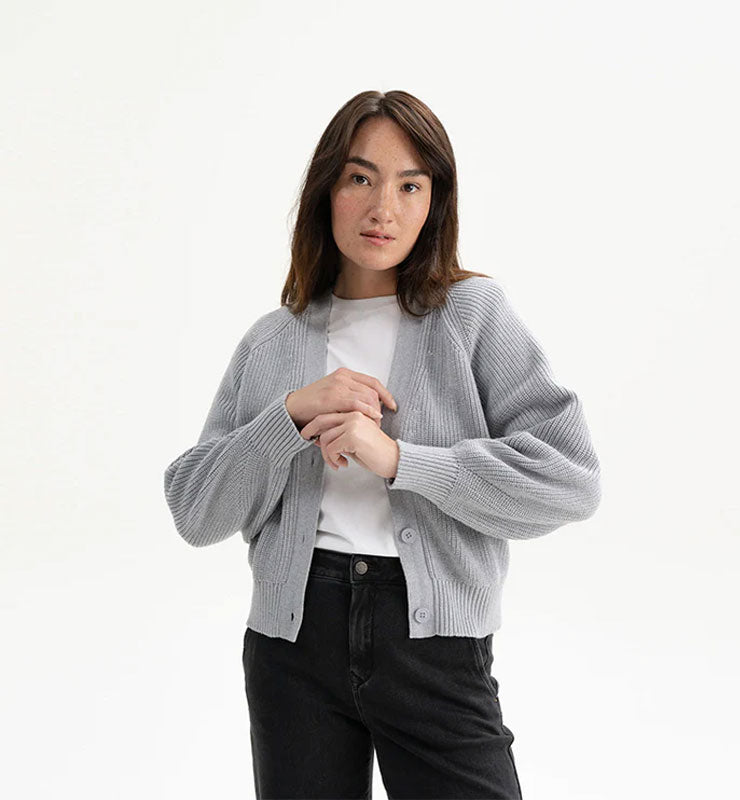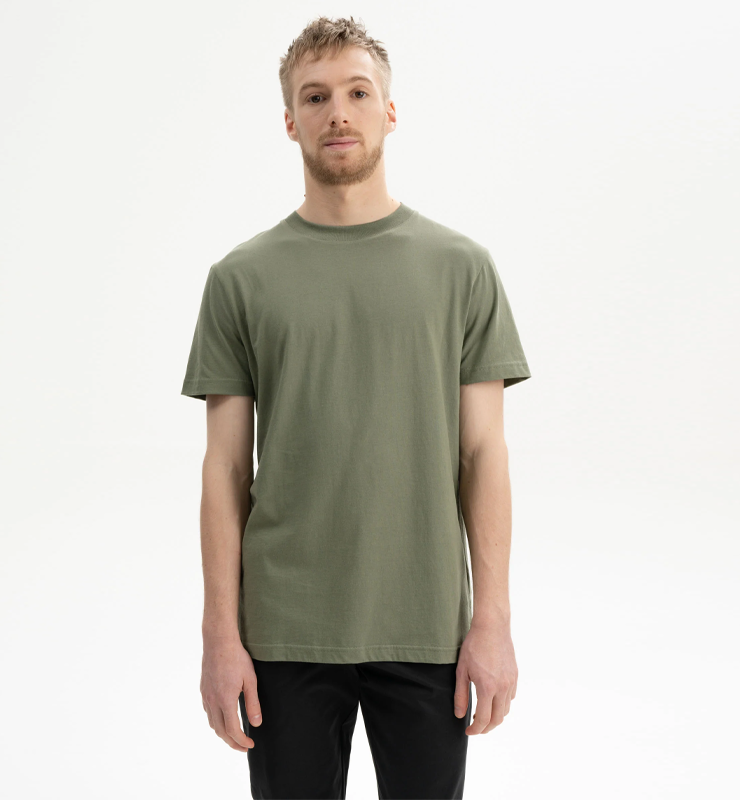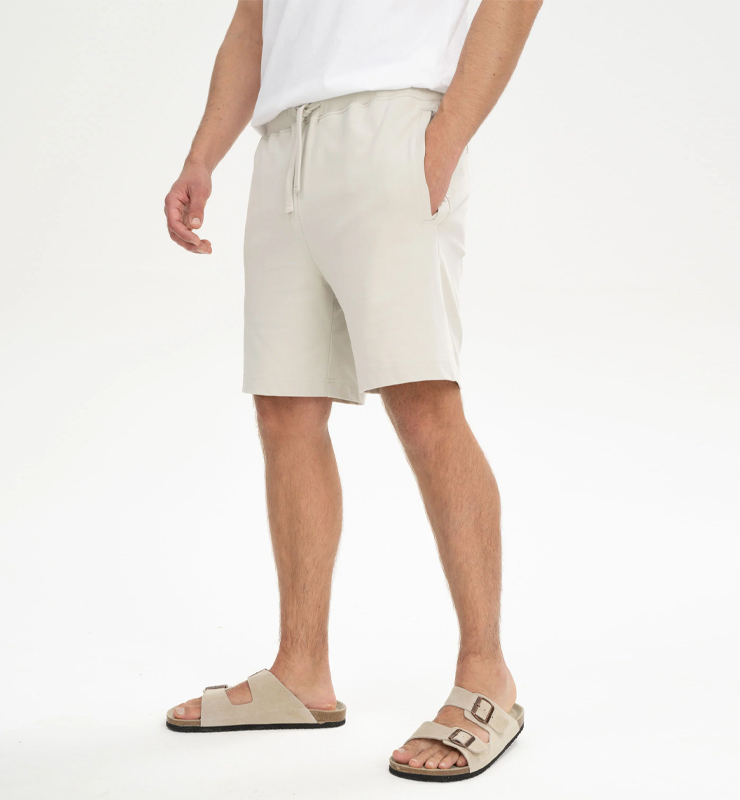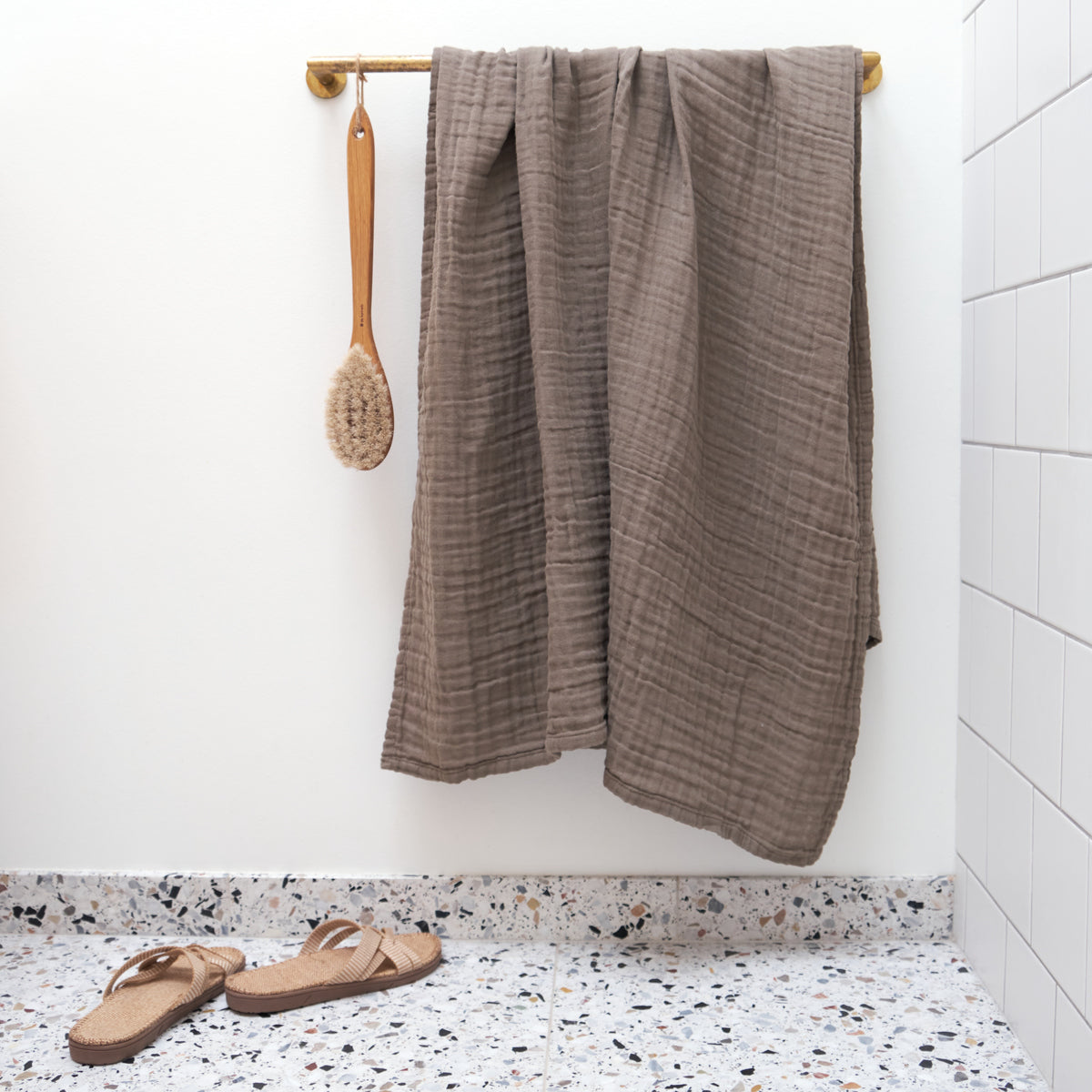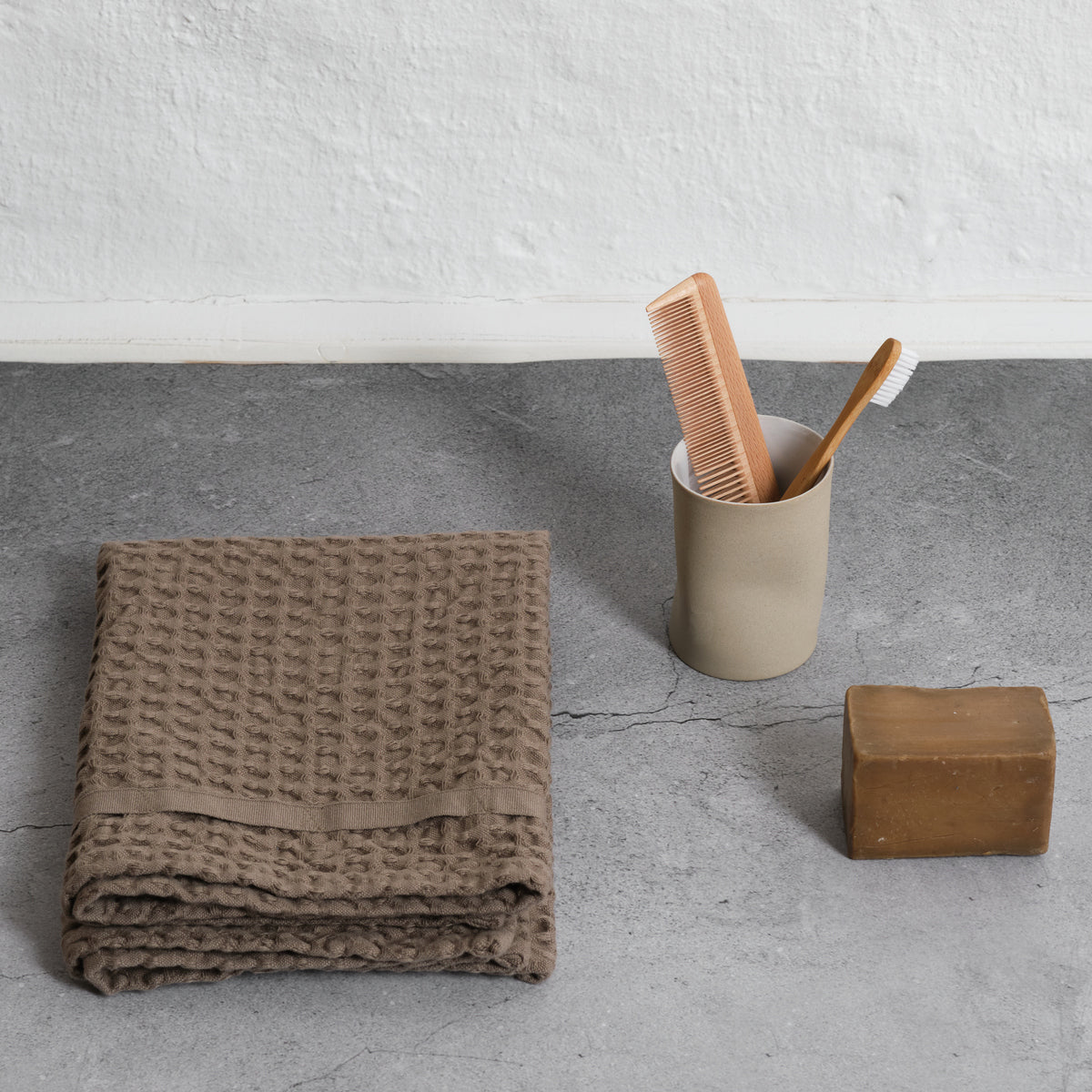Our certifications
In CASAGiN, certifications guarantee the quality of raw materials, their traceability, environmental impact and respect for the rights of workers involved in the supply chain. Textile certifications are the most important aspect when it comes to sustainable fashion. For example, there are many types of clothes and fabrics on the market, many of which undergo aggressive treatments and are made with chemical additives that inevitably change their characteristics. To be sure that a garment you are purchasing does not contain these harmful substances, you can use textile certifications. This is why we have created a page that summarizes the main certifications and guarantees of our fabrics. In this way, anyone can know how the purchased garments are made.
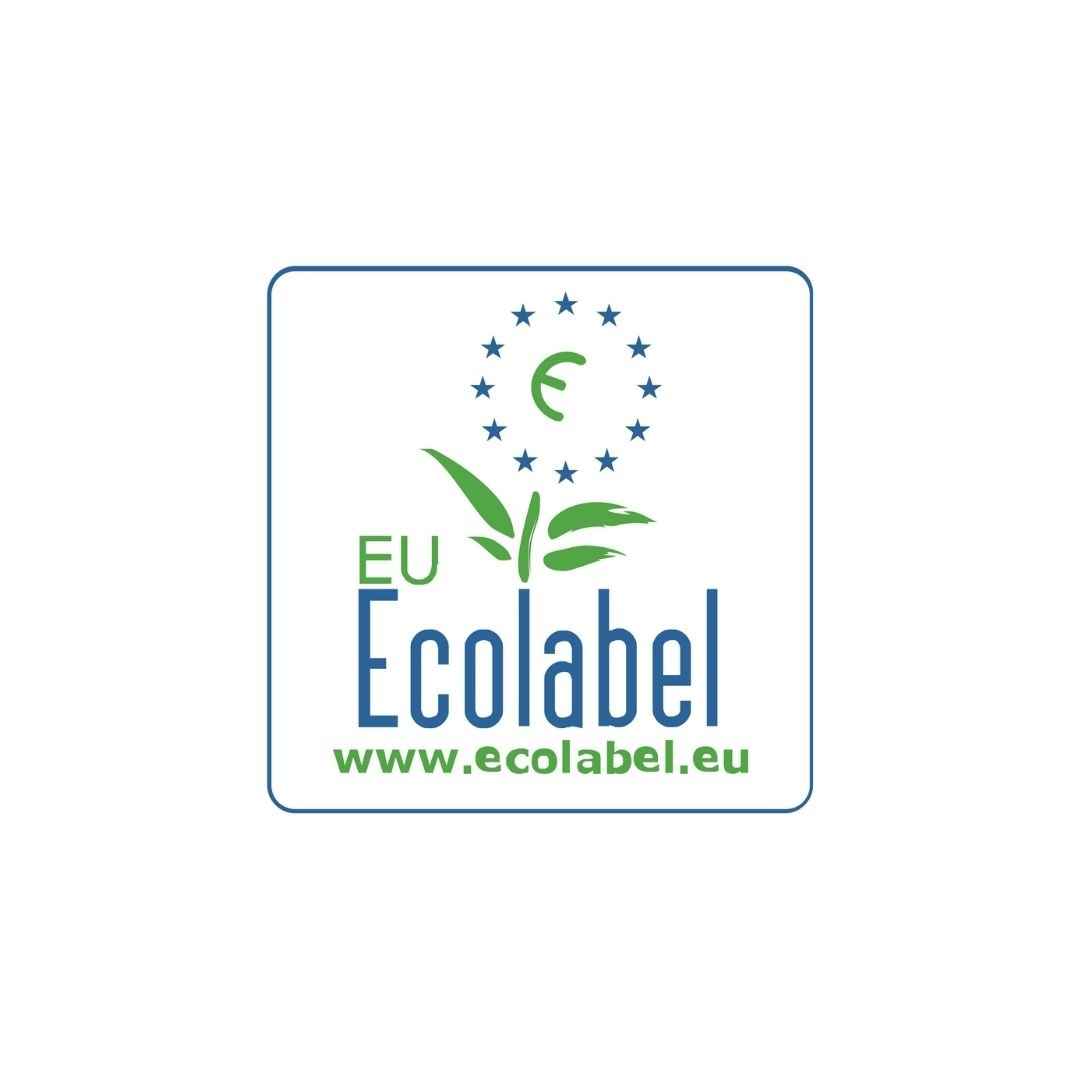
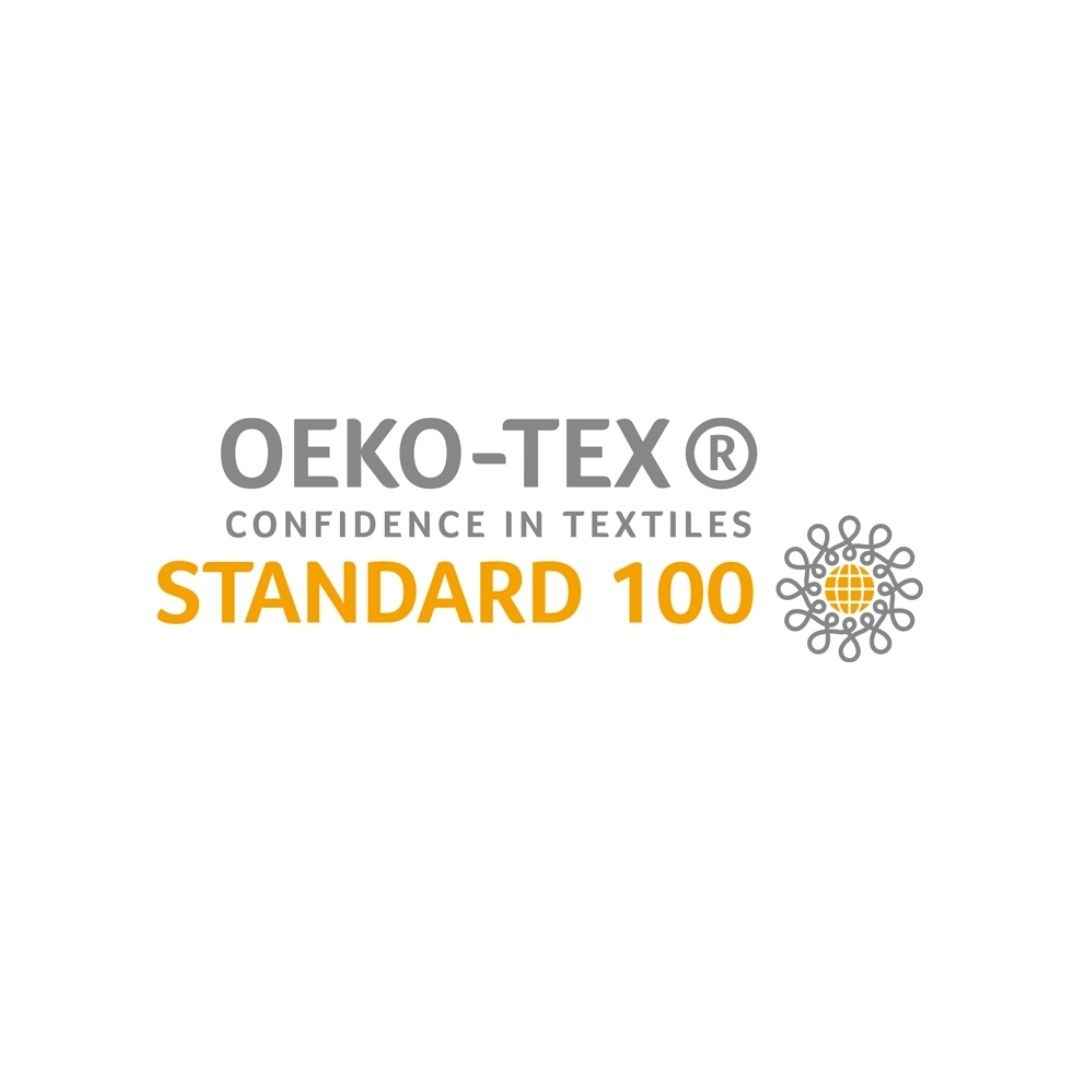
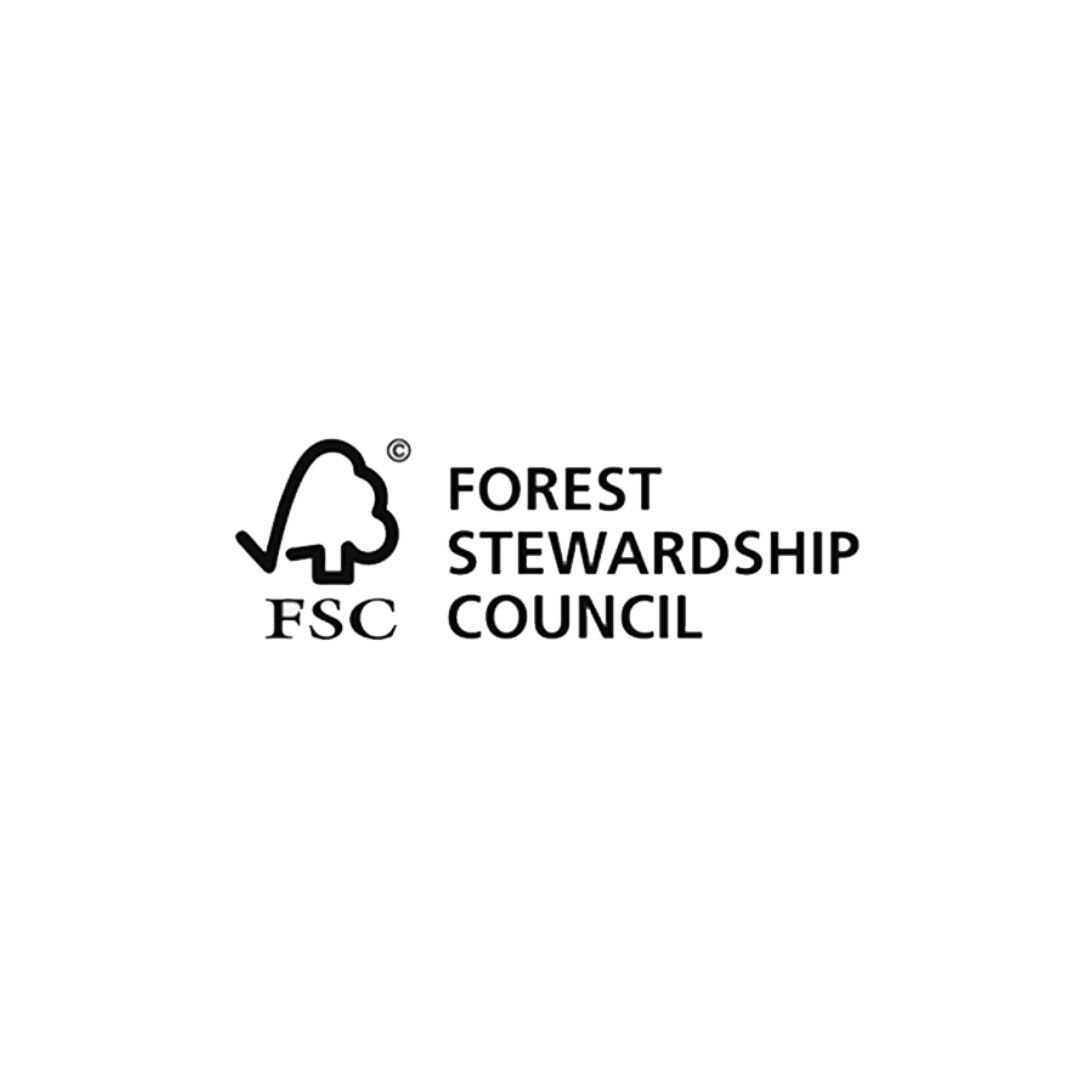
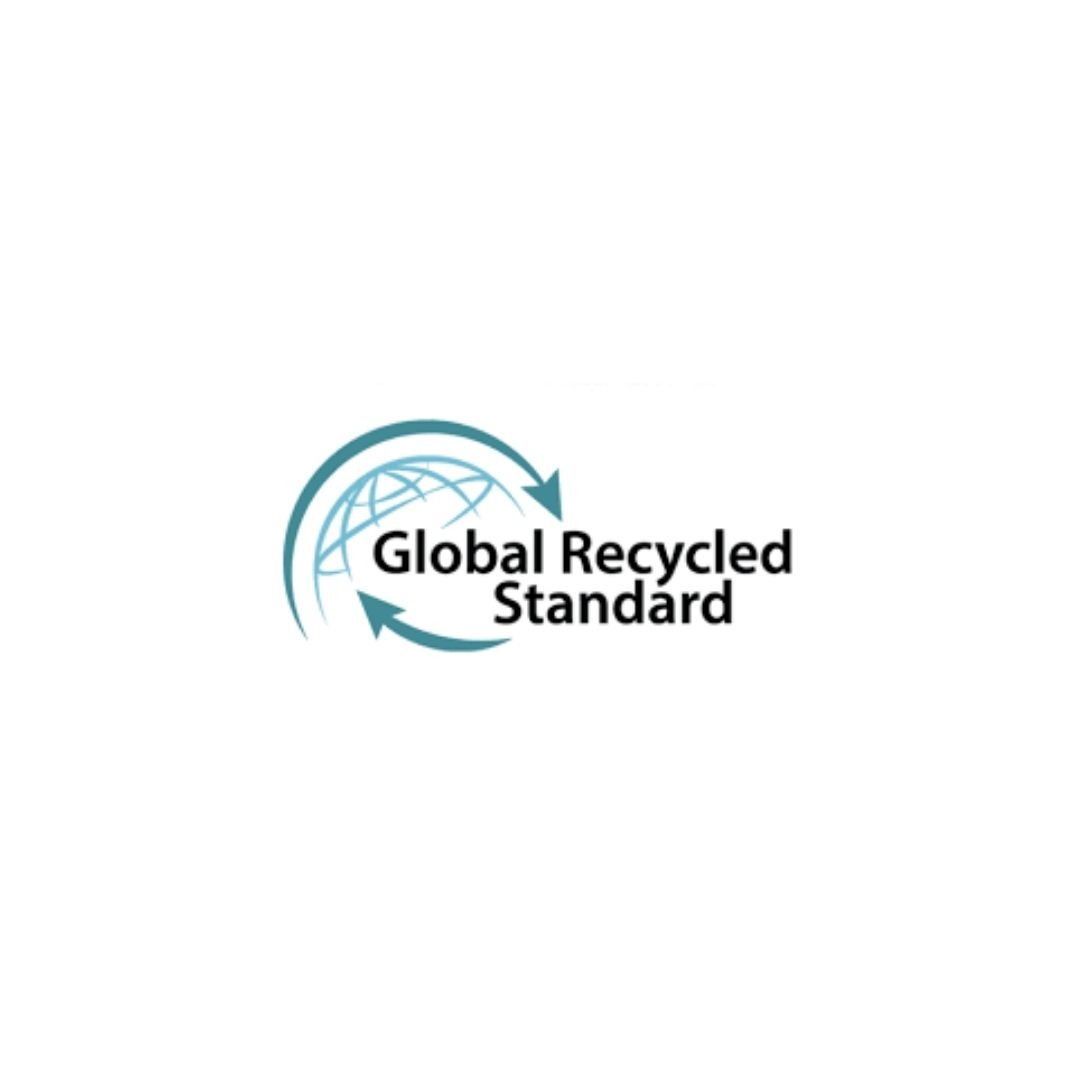
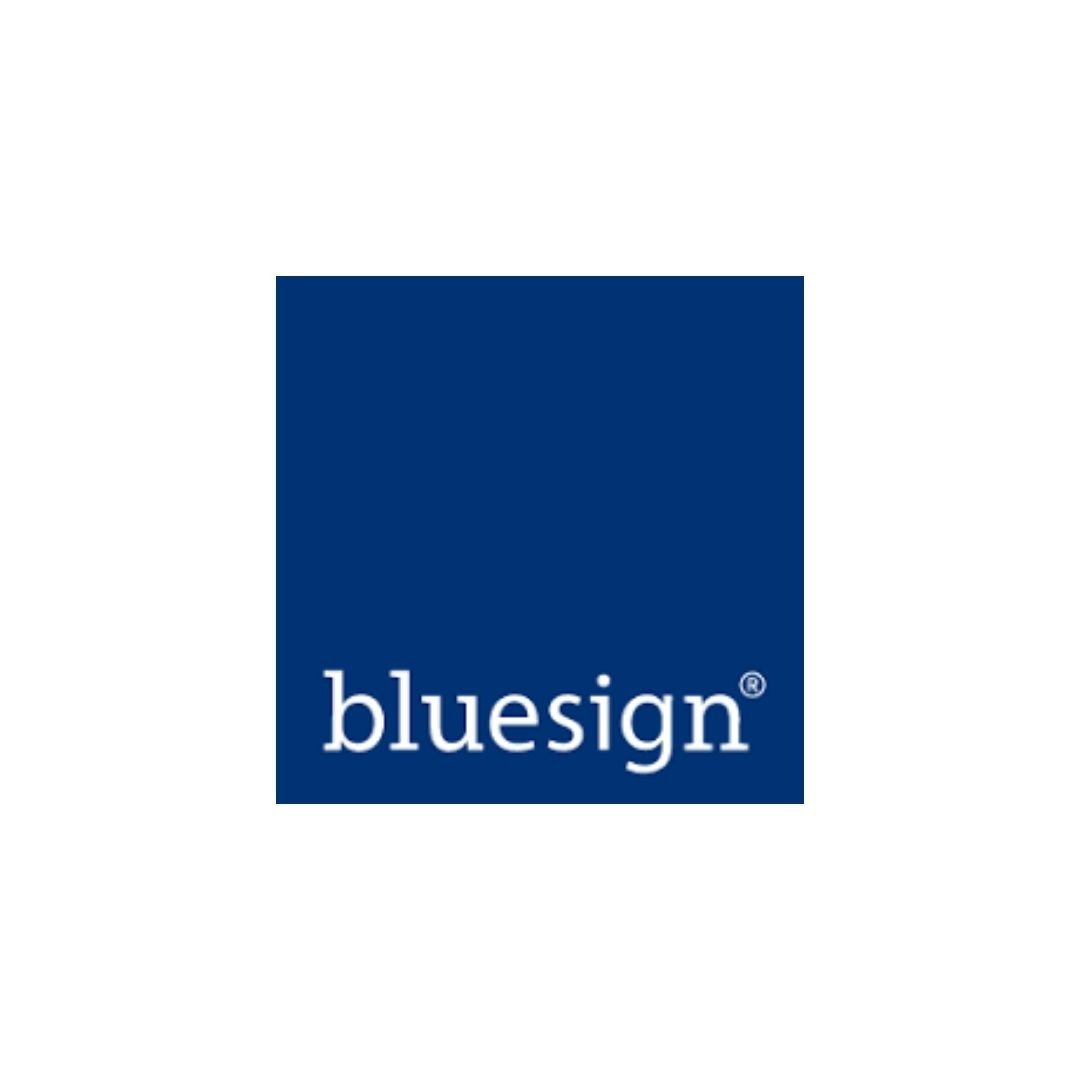
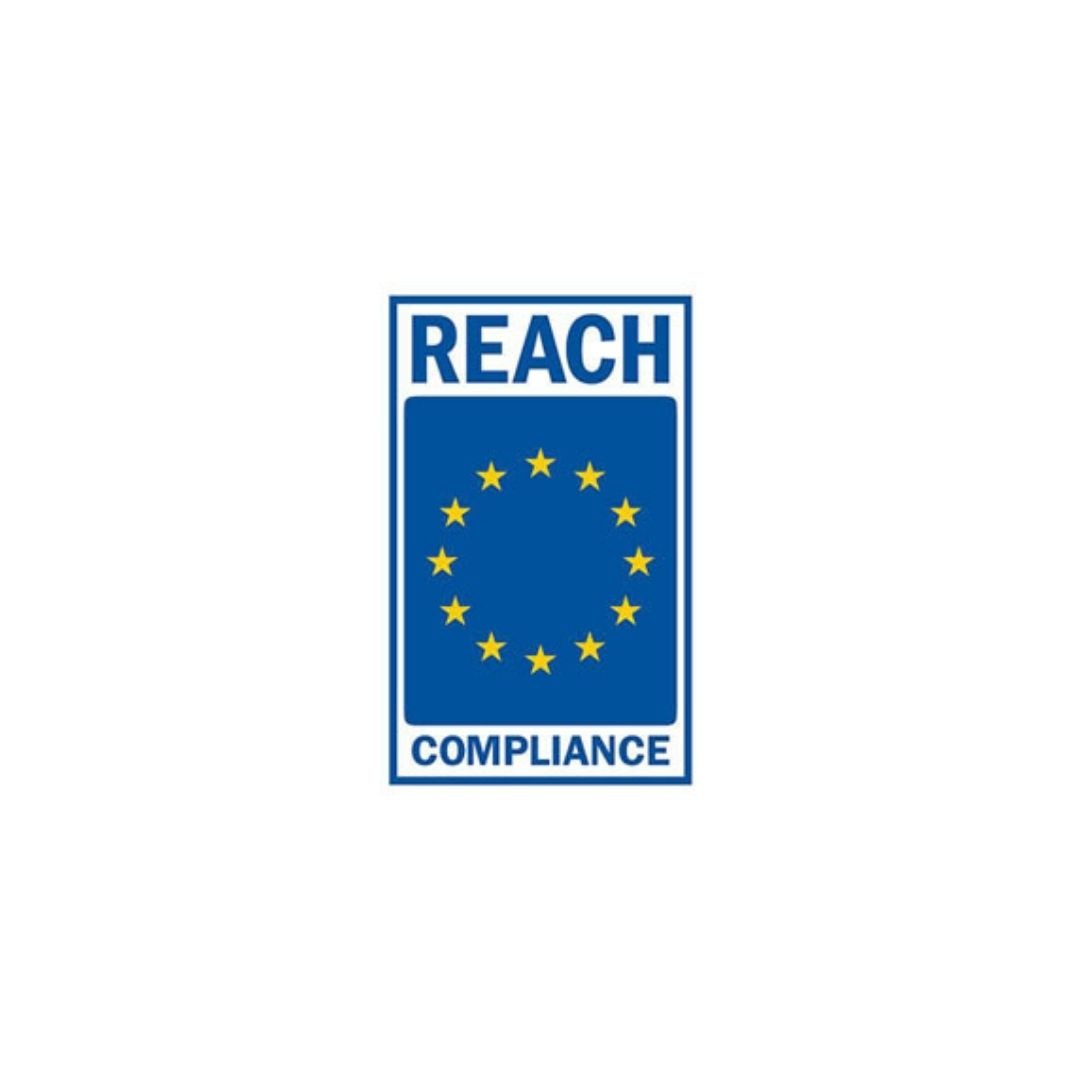
Certifications
It is an independent control and certification system for textile products at all stages of production. It guarantees that textile products do not contain or release substances harmful to human health. OEKO-TEX® Standard 100 indicates that the manufacturer is certified as environmentally friendly in both processes and factories, as well as tested for the absence of harmful substances on the products.
European brand used to certify a reduced environmental impact of products offered by companies that have obtained its use. It certifies environmentally compatible products, allowing the consumer to recognize through a brand the respect for the environment by the product, throughout its life cycle, which can thus differentiate itself from competitors on the market, maintaining high environmental performance standards.
It is an international non-profit certificate, created mainly with the aim of stopping deforestation and the related social problems that are spreading throughout the world. FSC certified products come from controlled forests, in which deforestation is carried out intelligently, and in most cases followed by the re-grafting of trees. FSC is an essential certification for the future of forests.
It is a certification promoted by the Textile Exchange with the aim of encouraging the use of recycled materials in the textile sector. The Textile Exchange is an international non-profit association, which works to guide the textile sector towards a more sustainable fashion.
The GRS certification is designed to meet the needs of consumers who want to verify the presence of recycled materials in the products they buy. The Global Recycle Standard also guarantees socially ethical practices, and environmental responsibility aimed especially at the correct use of potentially dangerous chemical substances.
A certification that helps ensure a responsible and more sustainable production system. BLUESIGN indicates the best path for each fabric along the manufacturing process, the use of more suitable categories of substances and products, improvements at each stage, thus step by step intensifying efforts to develop more sustainable processes aligned with the best available practices.
Reach is a European regulation that provides controls on all chemical substances produced or imported into Europe. The Reach regulation sets important environmental and social goals: it protects human health and the environment by improving knowledge of the dangers arising from the use of chemicals; it requires the use of alternative methods to chemical testing, which is normally performed on animals; it improves the innovation sector and the competitiveness of the European chemical industries.
Reach is a regulation drawn up in collaboration with Greenpeace, which currently applies to all products made in Europe.
Quality assurances
ECONYL® regenerated nylon is made from waste such as fishing nets recovered from the oceans and aquaculture, fabric scraps from mills and carpets destined for landfill. It is an infinitely recyclable material.
For every 10,000 tons of raw material needed to produce ECONYL® yarn, 70,000 barrels of crude oil and 57,100 tons of CO2 can be saved.
It is Lenzing's flagship brand for fabrics. Used for a variety of highly specialized applications, the benefits of TENCEL™ fibers are easy to spot: they are soft on the skin, smooth to the touch, shiny and able to caress the senses. Not to mention their exceptional thermal regulation and moisture absorption capacity.
TENCEL™ Modal fibers are known for being exquisitely soft and pleasant on the skin. Thanks to their high flexibility, these fibers enhance fabrics by offering many natural qualities. Suitable for many design solutions, TENCEL™ Modal fibers can be blended with other fibers and processed using conventional machinery, significantly improving the softness and comfort of fabrics.
Known for their natural comfort, TENCEL™ Lyocell fibers are versatile and can be combined with a wide range of textile fibers such as cotton, polyester, acrylic, wool and silk to enhance the aesthetics and functionality of fabrics. The unique properties of TENCEL™ Lyocell fibers ensure great resistance, moisture absorption and gentleness on the skin.


